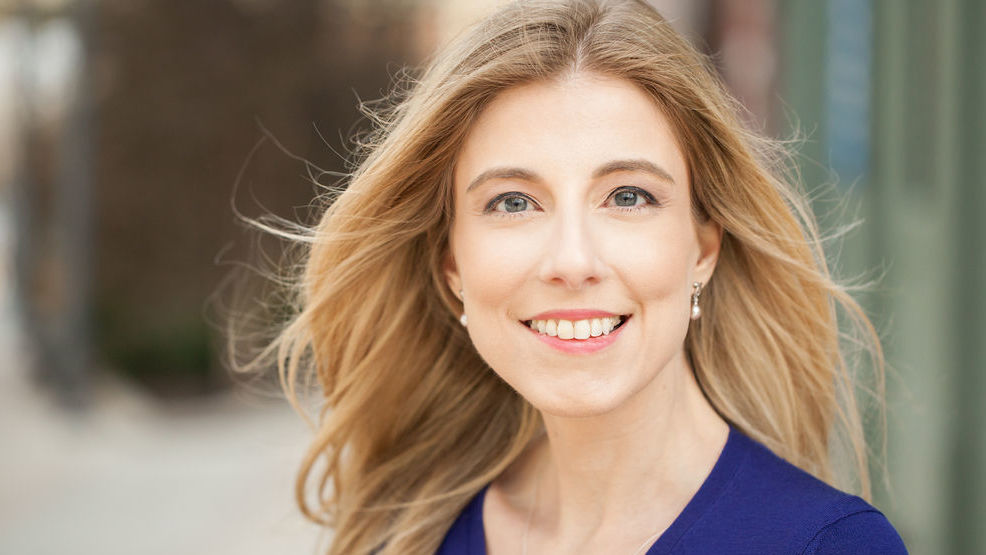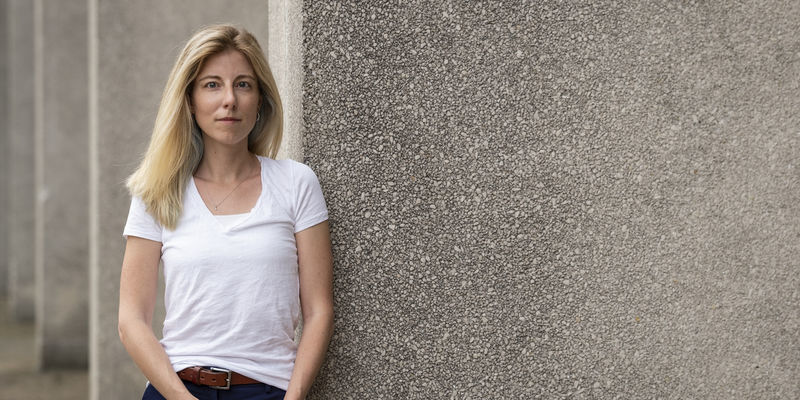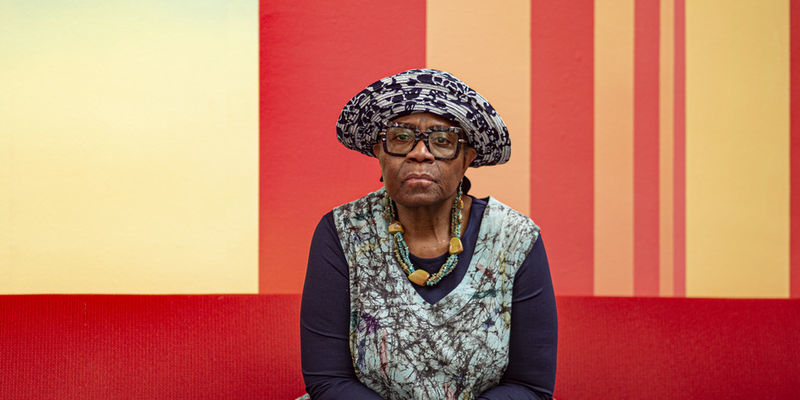Let’s talk about sex: Temple launches first-of-its-kind undergraduate sexuality education class
Gender, sexuality and women’s studies now offers a sex education course for undergraduates, uncommon at U.S. colleges and universities.

This fall, Temple is launching Sexuality Education, a first-of-its kind class with two main goals: to close the gap left by wildly disparate K–12 sex education state requirements and to encourage empathy.
“When people think of sex education, they think of putting a condom on a banana,” said Jennifer Pollitt, assistant professor and assistant director of gender, sexuality and women’s studies at Temple. “But it’s bigger than that. Good sex education explores what it means to be a human.”
While a small group of U.S. colleges and universities offer sex education at the undergraduate level, they do so mostly through their education, psychology or public health departments. Temple does also offer Human Sexuality, a General Education course in the psychology and sociology programs, although the focus is on the impact of sexuality on an individual level. This new sexuality education course is offered through the gender, sexuality and women's studies program, which allows a unique level of depth in exploring the impact of sexuality on a collective level, using an intersectional and interdisciplinary approach. Additionally, rather than using the term sex education, it was important to Pollitt that the course is referred to as sexuality studies to lend itself to a broader definition.
“Sex education done well affirms the following questions: Am I normal? Am I lovable? Am I worthy? Am I enough?” Pollitt added. “Bad sex education answers these questions with a ‘no.’ As a result, people can often feel shame. When they’re ashamed and in pain, they’re more likely to internalize it and cause harm to themselves, externalize it and cause harm to others, or both. The result is the perpetuation of homophobia, transphobia, sexism, racism, misogyny and ableism, which can lead to violence. If everyone had access to quality sex education, we’d have less shame and less violence.”
Through this course, students will gain a better understanding of sexuality’s role as a transformative force. They’ll examine and evaluate both national and international sex education programs and curricula as well as informal educational tools such as the media and pornography. They’ll also learn to become sexuality educators in training by developing their own curricula, creating sexuality education resources and ultimately learning how to confidently talk about all facets of human sexuality.
Additionally, this sexuality education class will equip students with critical diversity, equity and inclusion (DEI) skills for their future careers. “My greatest hope is that they’re going to take these lessons learned in sexuality education and create policies and programs that do less harm across industries, sectors and institutions,” said Pollitt.
Before creating and teaching the course, Pollitt was able to garner interest through an informal student group called Sex Ed Meetup that she organized. “We have different activities and guest speakers, and the group gives students a chance to build community and hang out in a physical space,” she said. “Sex Ed Meetup becoming so popular demonstrated to me that students want access to the information offered in a course like this.”
Pollitt’s new sexuality education course is currently at full capacity. “I think they’re lining up for this class because they’re expecting to learn more about themselves and how to help others learn about themselves in service of creating a kinder, gentler world for all of us, and that starts with the Temple community,” said Pollitt. “Sexuality education is empathy education, and right now that’s something we are desperate for and craving. This class helps our students process what’s going on in the world in a way that doesn’t feel traumatic or overwhelming. It feels softer and more approachable.”
Gender, sexuality and women’s studies major Sinh Taylor noticed the gap in the education system for sexuality, pleasure and gender when originally pursuing a career as a high school English teacher. “I’m excited to see a university like Temple taking the steps to introduce this subject to more folks,” said Taylor, who graduates in December.
With many K–12 schools failing to offer sex education or offering a fear-based, abstinence-only curriculum, Pollitt understands the importance of doing this course the right way and believes that denying anyone access to quality sex education is a denial of their basic human rights.
“Sexuality education should be scientifically and medically accurate, comprehensive, LGBTQIA-inclusive, anti-racist, anti-violent, trauma-informed, healing-centered, pleasure-centered and accessible,” said Pollitt. “We’re going to be very intentional about creating sexuality education that doesn’t leave anyone behind.”
In addition to this sexuality education course, in spring 2023 the program will launch another new undergraduate class called Social Perspectives in Digital Pornography: The Other Sex Education, which will explore pornography’s role as one of the largest informal sources of sex education.
Moreover, Pollitt is submitting a proposal to create a sexuality studies certificate program in which these two new courses will be required.
Pollitt applauds Temple for offering this groundbreaking coursework and is excited about the implications. “Temple is forward-thinking and sees the inherent value of this comprehensive sex education to transform lives,” she said.


